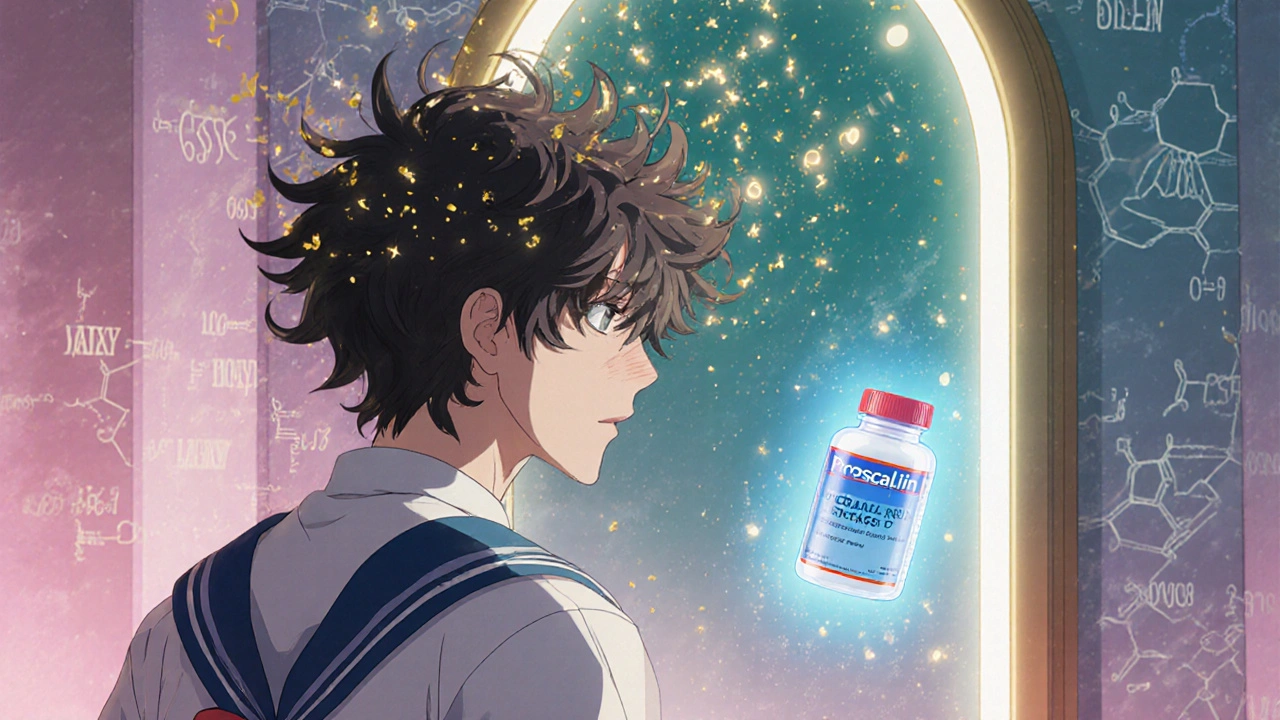Hair Loss Treatment: Effective Options, Medications, and What Actually Works
When it comes to hair loss treatment, medical approaches that slow or reverse thinning hair, often targeting hormonal or genetic causes. Also known as androgenetic alopecia treatment, it’s one of the most common reasons people seek out prescription options. Unlike temporary fixes like hair fibers or concealers, real hair loss treatment targets the root cause—usually DHT, a hormone that shrinks follicles over time. This isn’t about vanity; it’s about stopping a process that can lead to permanent hair loss if left unchecked.
The most studied options are dutasteride, a 5-alpha reductase inhibitor that blocks more DHT than finasteride and finasteride, the original oral drug approved for male pattern baldness. Both are prescription-only, but they work differently: dutasteride cuts DHT by up to 90%, while finasteride hits around 70%. Then there’s minoxidil, a topical solution that stimulates blood flow to follicles, approved for both men and women. It doesn’t stop DHT, but it can help regrow hair where the follicles are still alive. Many people use them together—dutasteride to stop the shrinkage, minoxidil to wake up dormant roots.
Not everyone responds the same way. Some see thickening in 4 months; others need a year. Side effects like reduced libido or scalp irritation happen, but they’re rare and often reversible. What’s more important is consistency—skip doses, and you lose progress. And no, shampoos with biotin or caffeine won’t reverse genetic hair loss. They might help with texture or shine, but they don’t touch the hormonal mechanism behind most cases.
You’ll find real-world data here on how these drugs compare in effectiveness, cost, and long-term safety. We’ve pulled together posts that break down dutasteride vs. finasteride, why minoxidil works better for some, and what alternatives like spironolactone or natural options actually deliver. No hype. No marketing fluff. Just what the evidence shows—and what your doctor needs to know before prescribing anything.

